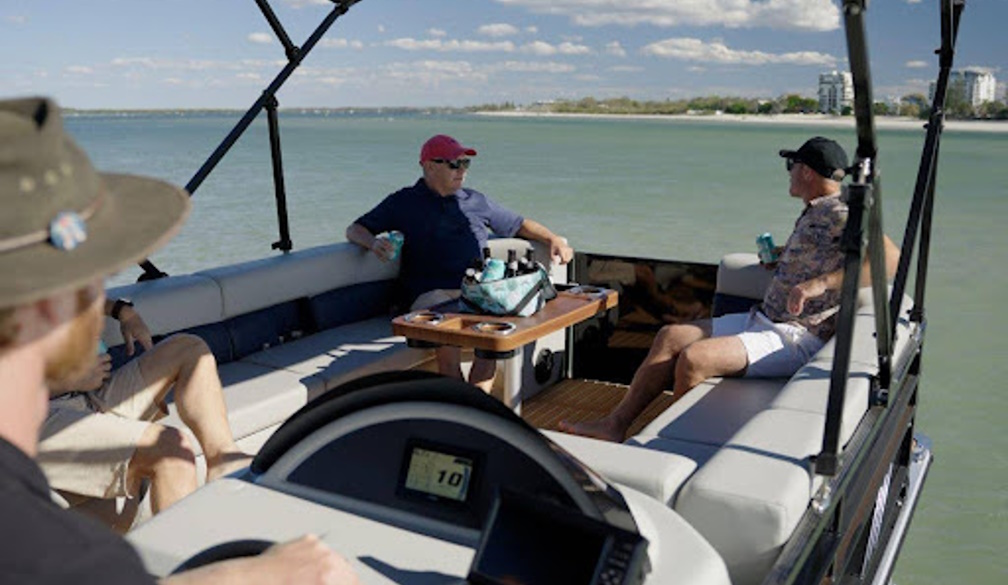
Container conversions often require more planning and labour than expected
Early costs include foundations, framing, and structural reinforceme...

Many couples today feel pressure to follow the same wedding traditions their parents or grandparents did. They might sit through long ceremonies that ...

Hint: It’s not just for the gains.
Somewhere between the endless TikTok fitness hacks and the unrealistic “30-day shred” promises, we forgot ...

Minimalist caravan travel has grown in popularity, not just for its practical appeal but also for the sense of freedom it brings. With the rise of c...

Navigating the Sydney property market can feel like traversing a minefield, can't it? The process, laden with legal jargon and complex procedures, o...

When it comes to keeping your home safe and sound, electricity is something you simply can't afford to ignore. Faulty wiring, outdated switchboards...

Convenience, aesthetics, and technology often go hand in hand when it comes to architectural choices. One solution that delivers all three is the el...

The name Ironman 4x4 resonates throughout Australia's 4WD community, particularly when discussing Ironman suspension solutions. This Australian bran...

If you are living on a canal in Australia, you are already living the dream. But living near the water without a boat is like owning a horse without...

Touching down in a new city can be exciting, but let's be honest, it can also be a bit stressful. After a long flight, the last thing you want to wo...

Picture this: you’ve found a last-minute flight to Milan, your hotel booking comes with breakfast and a rooftop view, and your itinerary is ready ...

In Australia, thousands of employees work alone, in remote locations, or in direct contact with the public every day. While these roles are critical...

A healthy grin is more than just a desirable feature; it reflects overall health, well-being, and self-esteem. Our oral health needs evolve from chi...

A confident smile can open doors, boost your self-esteem, and leave a lasting impression. In Sydney, more people than ever are turning to cosmetic den...

Winter flowers develop slowly, which gives them stronger structure and longer vase life
Heat from indoor environments is the biggest threat to th...

Many Australians have traditionally experienced difficulties in accessing timely and quality healthcare, especially those who live in rural or remot...

In today’s rapidly evolving workplaces, Australian organisations are turning to immersive learning tools like VR to handle specialised needs such ...

When it comes to running a successful business, having reliable, compliant, and efficient electrical systems is non-negotiable. From small retail ou...




















